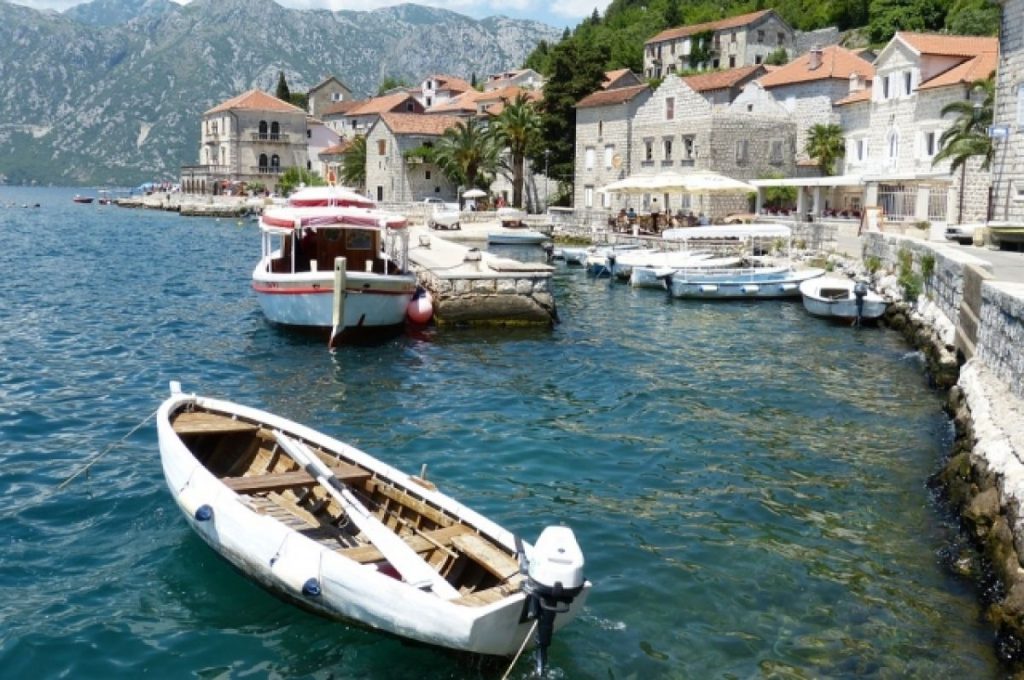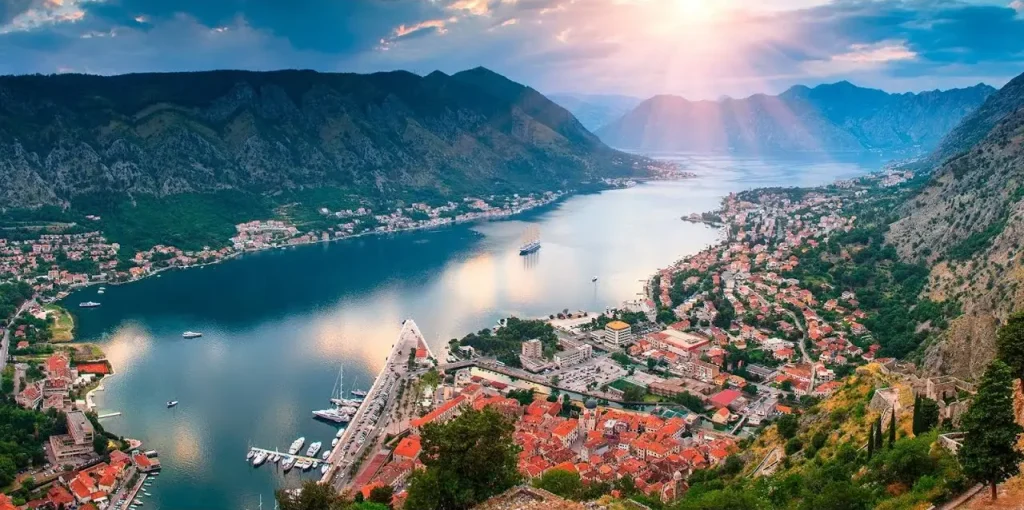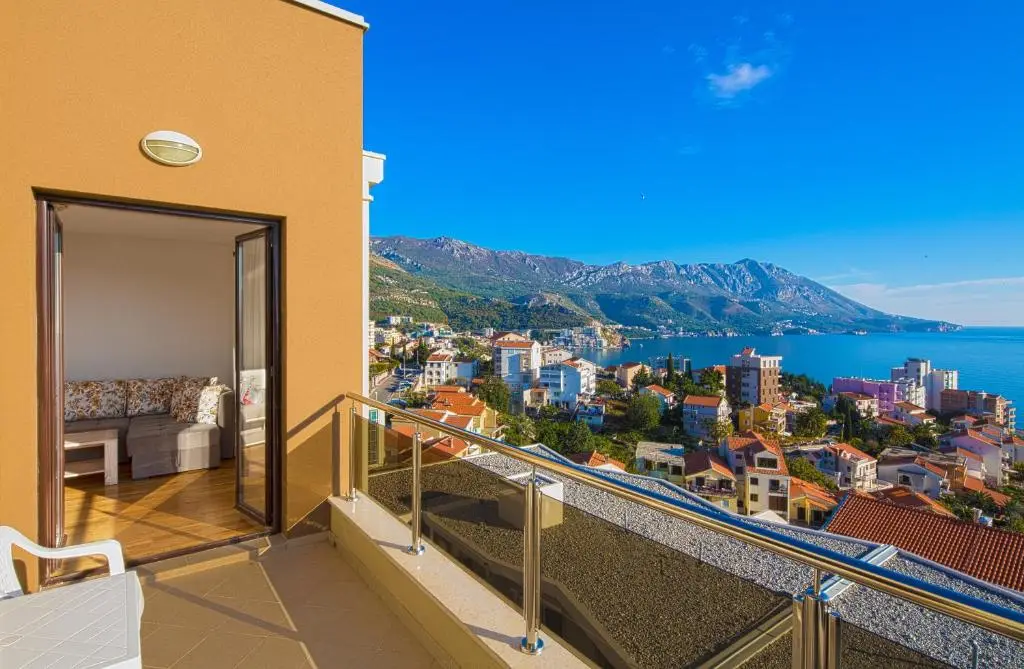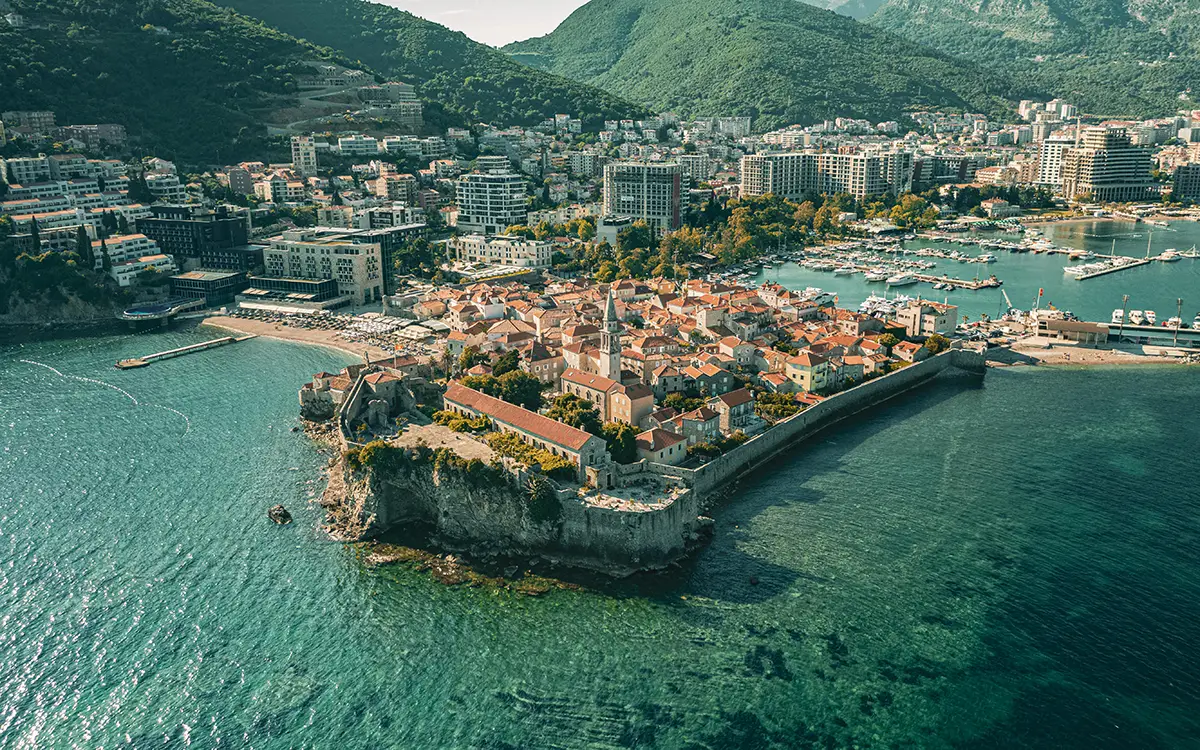Montenegro is more than a flag and a passport. It gives access to life on the border of Europe and the Mediterranean. Stable politics, the course towards European integration, soft taxes and quick procedures make the country a leader in terms of attractiveness of second citizenship. Figuring out how to obtain Montenegrin citizenship means building a route to free movement, investment and capital protection.
Legislative framework: terms and conditions
Montenegrin legislation is based on the Law on Citizenship No. 13/08 and regulations governing migration procedures. The system allows for naturalisation, investment programmes, acquisition on the basis of origin, marriage or long-term residence.
Conditions for obtaining Montenegrin citizenship:
- legally reside in the country for at least 10 years;
- have a basic command of the state language;
- no criminal record;
- confirm the legality of the sources of income;
- comply with the norms of the Constitution and the law on citizenship.
The official migration service examines applications within 6 to 24 months, depending on the method of receipt.
Main ways of obtaining civil status
 How to obtain Montenegrin citizenship depends on the initial situation of the applicant. The law defines several legal ways, each of which has specific requirements, documents and procedure for processing.
How to obtain Montenegrin citizenship depends on the initial situation of the applicant. The law defines several legal ways, each of which has specific requirements, documents and procedure for processing.
Naturalisation
Naturalisation requires a minimum of 10 years of legal residence, permanent residence status and proven integration into society. Passing a language test is mandatory. Features:
- residence in the country for at least 10 years;
- Having a residence permit (permanent residence);
- passing an examination on language and legal system;
- stable income and no offences.
Montenegrin citizenship through marriage
The spouse of a foreign citizen gets the right to apply 3 years after the registration of the marriage, provided that they live together. The law requires proof of a stable relationship, legal income and residence in the country.
Montenegrin citizenship by descent
A person born to at least one parent who is a Montenegrin citizen becomes entitled to a passport automatically, regardless of the country of birth. The law allows for an ascending line of descent with supporting documents.
Montenegrin citizenship through investment
The CIP (Citizenship by Investment Programme) allows you to obtain a passport for financial investments in the economy. It is required to contribute 100,000 euros to a development fund and additionally invest 200,000 euros in approved projects. The processing time is 6-8 months. Suitable for entrepreneurs, investors, capital owners looking for a second passport with the possibility of visa-free access to Schengen and Middle East countries.
How to obtain Montenegrin citizenship step by step
The algorithm depends on the chosen path, but each option includes mandatory formal procedures.

Key milestones and features:
- Choice of grounds – marriage, descent, investment, naturalisation or service to the country.
- Preparation of documents – passport, criminal record certificate, proof of income, language certificate.
- Submission of the application – through the Ministry of Foreign Affairs, Ministry of Internal Affairs, migration agencies or consulates (in case of investments).
- Obtaining a residence permit – required upon naturalisation, usually through a residence permit after 5 years.
- Integration into society – participation in the life of the country, legal income, compliance with legal norms.
- Passing exams – knowledge of the language and the basics of the state system (in case of standard naturalisation).
- Waiting for a decision – the review period is from 6 months to 2 years, depending on the basis.
- Acceptance of citizenship – obtaining a passport, taking an oath, and processing documents.
- Registration in registries – the final stage is inclusion in state databases.
Each step requires care, accuracy in documentation, and an understanding of local legal logic.
What documents will be required at all stages
How to obtain Montenegrin citizenship is not only a question of procedure, but also of a correctly executed package of documents. The requirements vary depending on the basis, but the basic list remains the same for all categories.
Required Documents:
- a valid passport;
- birth certificate;
- proof of legal residence (residence permit or residence permit);
- certificate of no criminal record from the countries of current and previous residence;
- documents proving ancestry (if filing through family);
- Marriage certificate (when processing through the family);
- documents on investments (in case of economic grounds);
- proof of income and employment;
- Montenegrin language certificate (in case of naturalisation).
In addition, medical certificates, tax residency declarations, property ownership certificates and other documents may be required upon request of the migration authorities.
CoML, residence permit and transition phase
The process of obtaining the status of a citizen often includes an intermediate stage – registration of residence permit and permanent residence permit. A temporary residence permit is issued for up to one year and is subject to annual renewal. After five years of residence, permanent residence is issued.
To apply for a residence permit, you will need:
- A lease or ownership agreement for the home;
- health insurance;
- source of income;
- availability of a bank account.
Obtaining a residence permit becomes possible after 5 years of residence with a residence permit, subject to compliance with migration rules and permanent residence in the country for at least 183 days per year.
Dual citizenship
How to obtain Montenegrin citizenship without losing my first passport? The answer depends on the origin and basis. The law allows dual citizenship status, but limits it within the framework of ordinary naturalisation. Exceptions apply to those who formalise status through investment or who are of Montenegrin origin. Montenegro does not prohibit holding a second passport if there is an interstate agreement or as part of an investment programme. In practice, the authorities do not require automatic renunciation of previous civil status, but may request proof of legal status in another country.
Advantages of Montenegrin citizenship
Citizen status opens access to rights equal to those of local residents. It guarantees:
- the right to visa-free travel to more than 120 countries;
- participation in elections and access to public office;
- investment incentives and tax advantages;
- the right to social guarantees and medical care;
- freedom of movement in the Balkan region and the EU (once the country joins the union).
A Montenegrin passport provides flexibility in international travelling. It allows you to live in a country with a developed infrastructure and a loyal tax system. Foreign citizens who have obtained the status receive full protection of rights, the ability to own real estate, do business and dispose of assets on an equal footing with locals.
How to obtain Montenegrin citizenship: conclusions
 How to obtain Montenegrin citizenship is not just a formality, but a step towards freedom and investment opportunities. Transparent pathways through investments or family foundations make the process accessible. And a second passport opens up new perspectives without giving up your current citizenship status.
How to obtain Montenegrin citizenship is not just a formality, but a step towards freedom and investment opportunities. Transparent pathways through investments or family foundations make the process accessible. And a second passport opens up new perspectives without giving up your current citizenship status.
 en
en  ru
ru  de
de  ar
ar  es
es  nl
nl  hi
hi  fr
fr  it
it  pt
pt  el
el 











